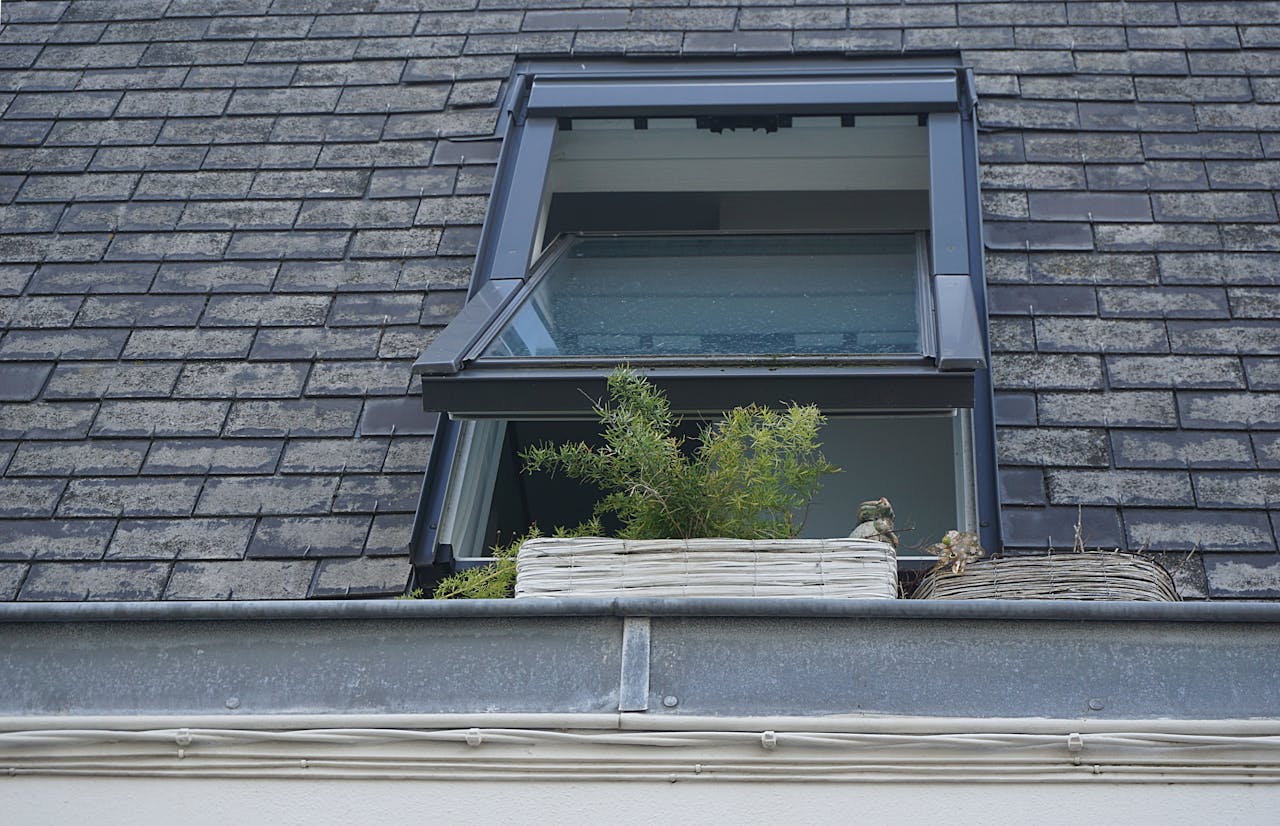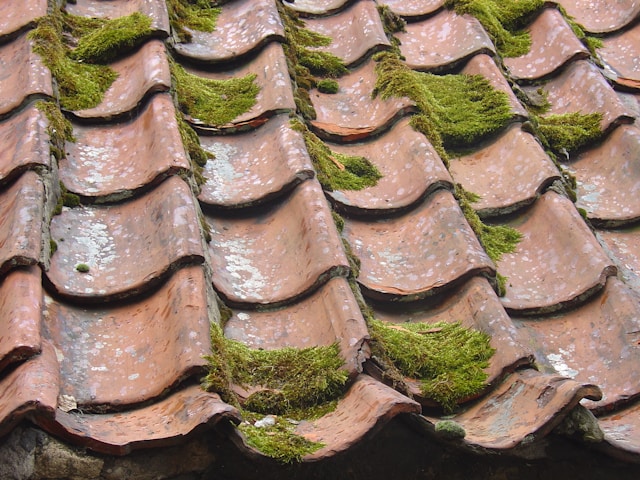Roof Repair vs. Roof Replacement: How to Decide
When faced with a roofing issue, homeowners often find themselves at a crossroads: is it more prudent to repair the existing roof, or is a complete replacement necessary? This decision is not always straightforward and involves careful consideration of several factors, including the extent of the damage, the age of the roof, and the long-term cost implications. In this guide, we will explore the key elements to consider when making this crucial decision, helping you to weigh the pros and cons of both options and ultimately choose the best course of action for your home.

Assessing the Extent of Damage
The first step in determining whether to repair or replace your roof is assessing the severity of the damage. Minor issues such as isolated leaks, missing shingles, or small cracks can typically be addressed with repair work. These problems, if caught early, can be resolved without requiring a full roof replacement, thereby preserving the integrity and lifespan of your roof.
However, if the damage to the roof is widespread or structural, a repair might only be a temporary fix. Issues such as large-scale water damage, significant mold growth, or sagging structural components might necessitate a complete roof replacement. In such cases, patching up the problem areas may only delay the inevitable and lead to more costly repairs down the line. Whether it's roofing for your home or business, a professional inspection can help determine the extent of damage and guide your decision. It's always best to consult with a roofing expert before making any decisions.
Considering the Age of the Roof
Another essential factor to consider is the age of your roof. Most roofing materials have a finite lifespan, after which their effectiveness begins to decline. For instance, asphalt shingles typically last between 20 to 30 years, while metal roofs can last up to 50 years. If your roof is nearing the end of its expected lifespan, it may be more cost-effective to replace it entirely rather than continuously repairing aged materials.
On the other hand, if your roof is relatively new and the damage is minimal, repairing the affected areas is likely the more sensible option. In this case, a well-executed repair can extend the life of your roof significantly and save you from the exorbitant cost of a premature replacement.
Evaluating Long-Term Costs
Evaluating long-term costs involves looking at more than just the immediate expense of repair versus replacement. While a roof repair may seem less costly upfront, repeatedly fixing ongoing issues can quickly add up. These repetitive repair costs, combined with potential collateral damage inside your home due to leaks or structural weaknesses, can make repairs an expensive and less viable option over time.
Comparatively, a full roof replacement might come with a higher initial investment but can offer superior long-term savings. Modern roofing materials often come with extensive warranties and superior durability, which can translate to fewer issues and maintenance needs over the roof's lifetime. This makes a roof replacement a more economical decision in the long run for older or severely damaged roofs.
Doing these assessments will not only ensure that the right decision is made but also help homeowners avoid unnecessary expenses in the future. Homeowners from all around the seat of Cobb County work with best roofing companies in Marietta GA before any renovations start to get accurate evaluations of their roof's condition. These experts provide guidance on whether a repair or replacement is the most cost-effective option. With professional input, families can move forward confidently knowing their investment is protected.
Assessing Energy Efficiency
An often-overlooked factor in the repair versus replacement decision is energy efficiency. Older roofing systems may provide inadequate insulation, which can lead to higher energy bills due to heat loss in the winter and excess heat in the summer. Upgrading to a new, energy-efficient roof can reduce your home's carbon footprint and result in substantial savings on utility bills.
Advancements in roofing materials have led to the development of "cool roofs" that reflect more sunlight and absorb less heat. If your current roof lacks these energy-efficient features, investing in a new, high-performance roof could offer long-term benefits that far outweigh the initial replacement costs.
If you live on the northeast coast of Florida, the region's humid climate and frequent storms can accelerate roof wear and tear. Consulting with roof repair experts in St. Augustine can help you determine whether an upgrade to an energy-efficient roofing system is the right move for your home. These professionals understand the unique environmental challenges of the area and can recommend solutions tailored to both your budget and long-term energy savings.
Impact on Home Value
The condition and quality of your roof can significantly impact your home's market value. A well-maintained or recently replaced roof can enhance curb appeal, instill buyer confidence, and potentially increase your property's resale value. Prospective buyers are more likely to prefer homes that won't require immediate, substantial investments in critical components like the roof.
Conversely, a roof that shows visible signs of wear, damage, or outdated materials can deter potential buyers and reduce your home's overall value. Opting for a complete roof replacement can be a strategic move, making your property more appealing to buyers and improving your return on investment when it comes time to sell.

When faced with the decision between roof repair or replacement, it's essential to carefully consider all the factors at play. By assessing the extent of damage, age of the roof, long-term costs, energy efficiency, and impact on home value, you can make an informed decision that ensures your roof remains a strong and reliable structure for years to come.
Remember to consult with a professional roofing contractor for expert advice and guidance in making this crucial decision for your home.